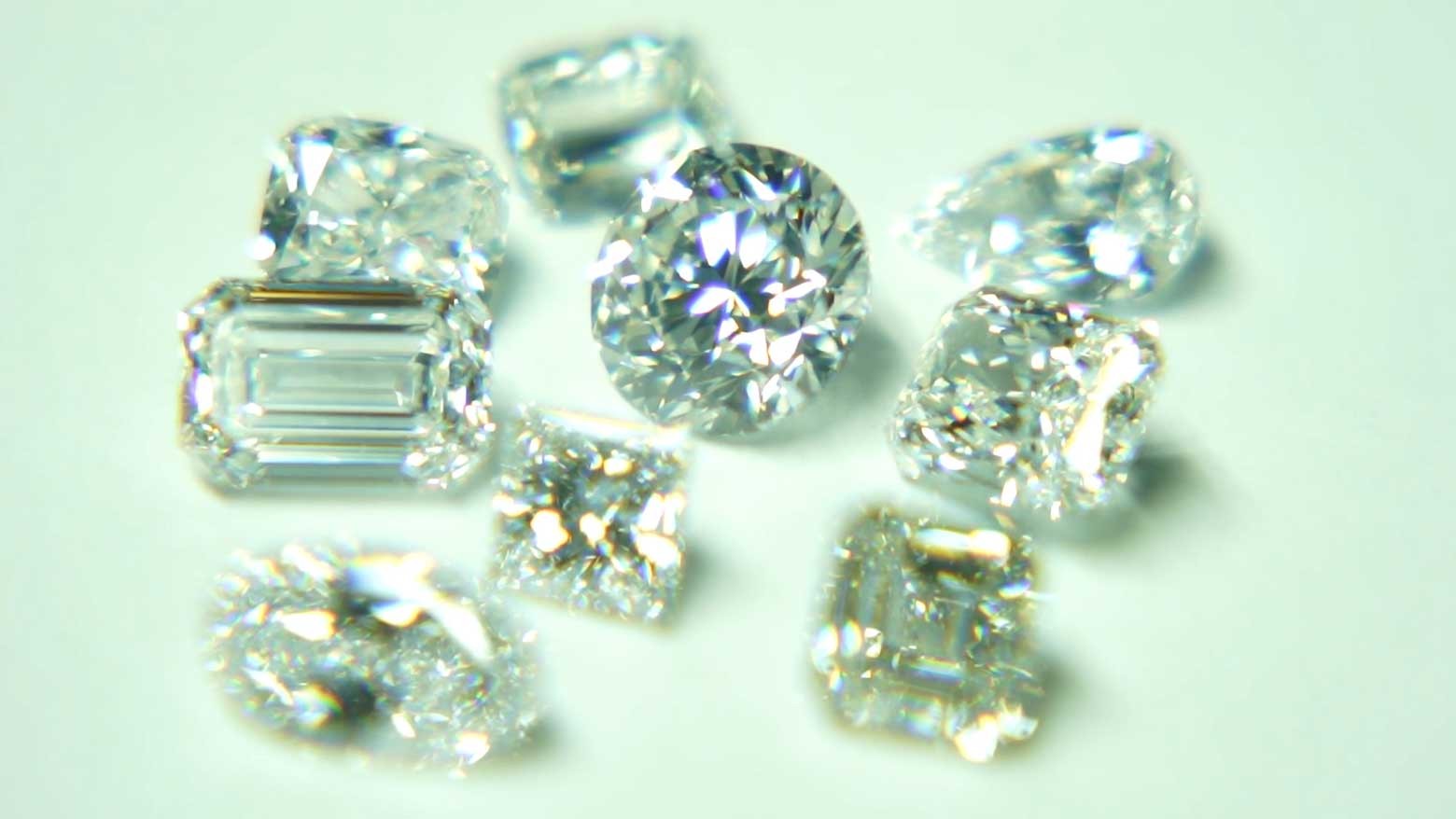Massive job cuts
Pravin Bsesaniya is one of tens of thousands of people who have lost their jobs in India's diamond industry this year. His employer laid him off in July after 17 years.
The 42-year-old now struggles to make ends meet as a taxi driver. He says his income is less than half of what it was, and he can't see a way forward.
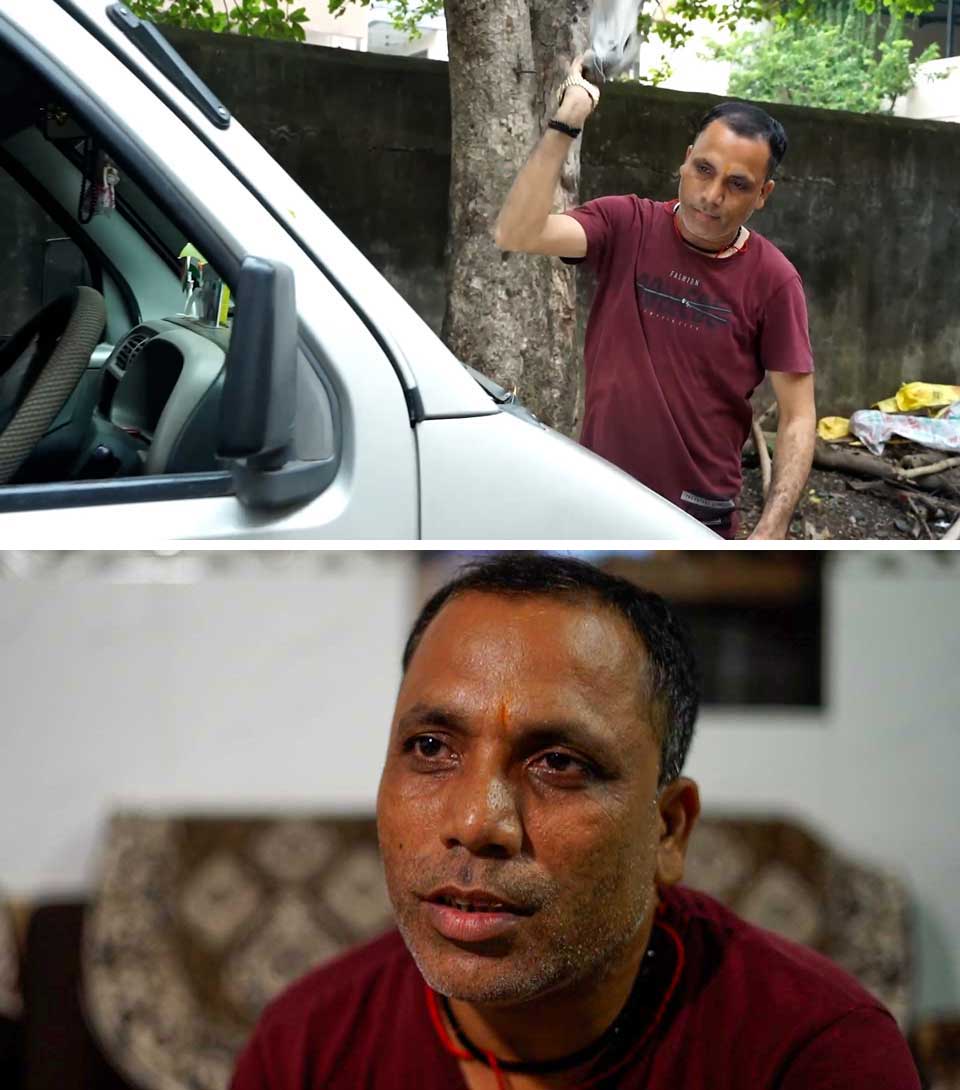
"Processing diamonds is the only work I know," he says.
Diamond City
Bsesaniya lives in Surat, a coastal city of 6 million that has been dubbed the "Diamond City". It has been a diamond-processing hub since the 1960s, thanks in large part to the low-cost labor.
Signs with the word "diamond" can be seen at every turn, and the central market bustles with people buying and selling gems.
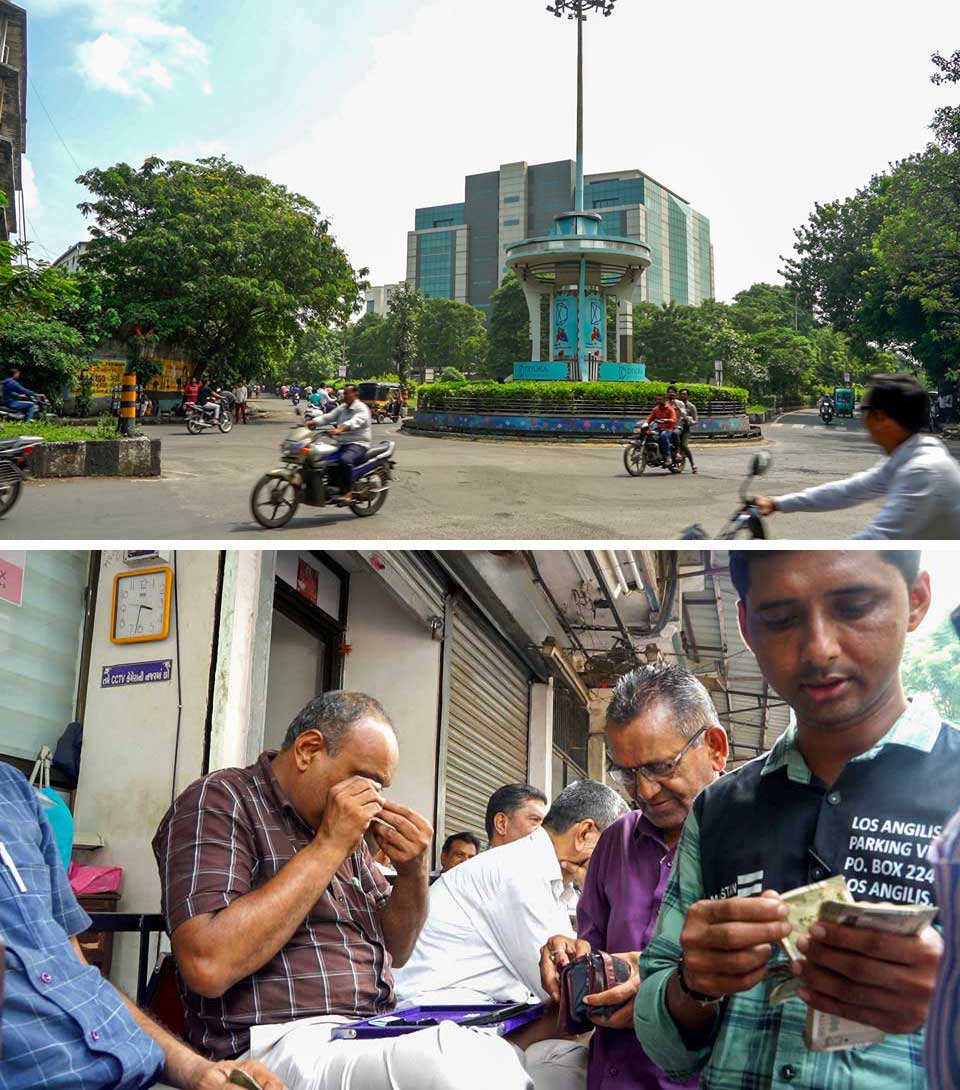
Sanctions bite in Surat
Nikil Asodariya runs a diamond-processing company in Surat. He says Russia's invasion of Ukraine, and the economic sanctions imposed by Western countries in response, have made it much harder to acquire raw diamonds.
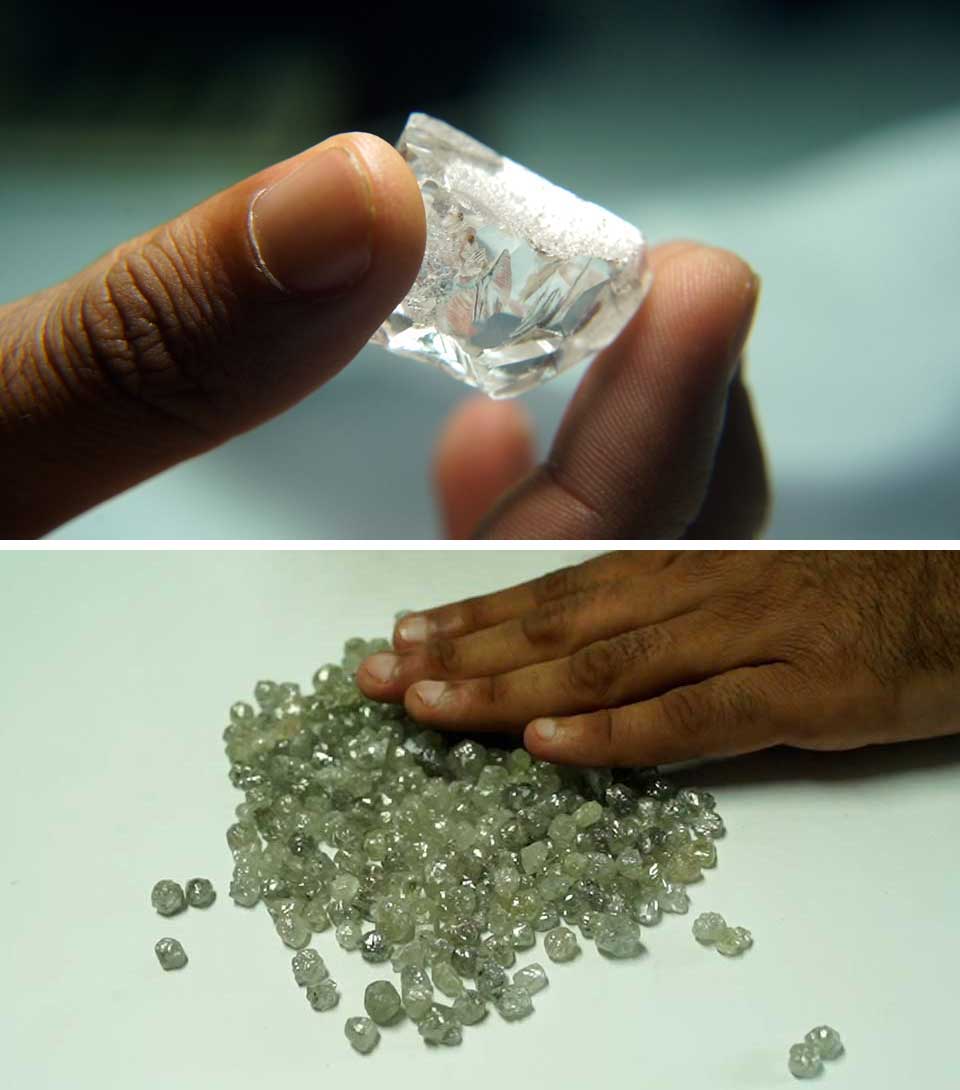
Russia is the world's largest producer of raw diamonds, accounting for nearly 30 percent of the total.
In March 2022, the world's largest diamond consumer, the United States, banned imports of Russian diamonds. Other countries came under pressure to do the same, and the number of rough stones entering India has significantly decreased.
Major Russian banks have been cut off from the SWIFT international payment network, making it even harder for Indian companies to buy rough stones directly.
Seventy percent of those Asodariya's company handled were from Russia. His revenue has slumped, and he says he may have to lay off some of his 700 employees.
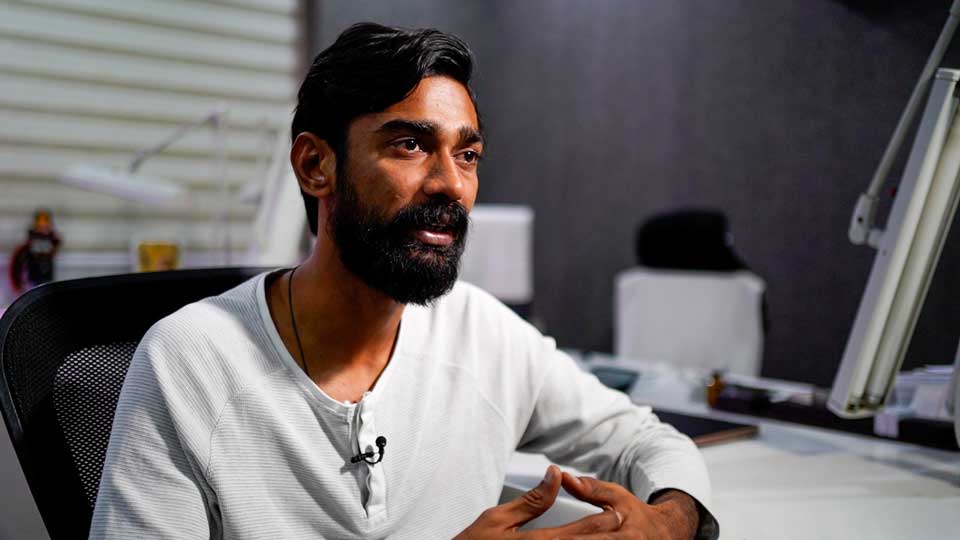
"I can't secure enough raw stones, and it hits hard," he says. "I will try to maintain employment but we may have to close our factories and dismiss workers in order to survive. No one knows when or how this situation ends."
Union consultations surge
Bhavesh Tank is in charge of a trade union in Surat. He says the number of calls he gets from people who have just lost their jobs or are worried about pay cuts has more than tripled in the past six months.
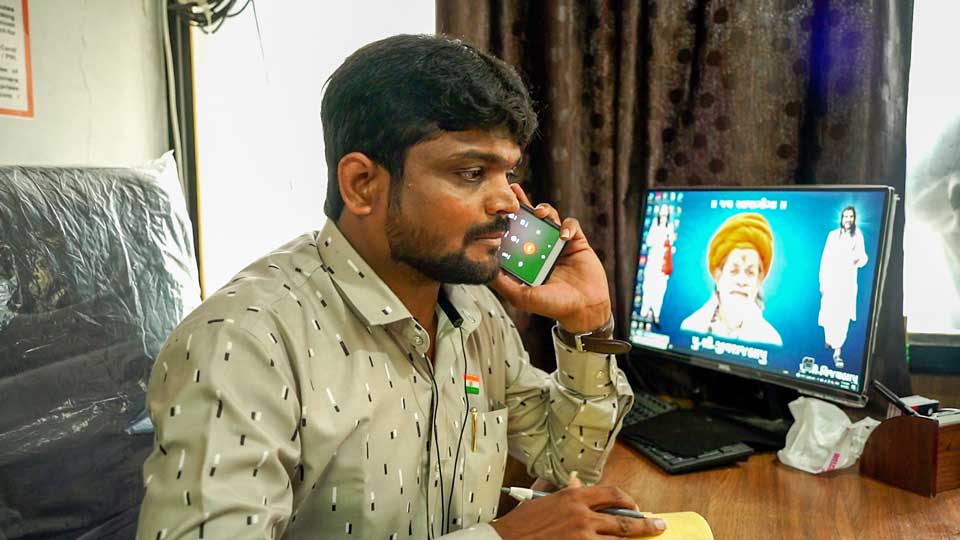
Global industry reeling
Harada Nobuyuki runs a jewelry appraisal firm based in Tokyo and follows the international gem trade closely. He says the situation in India is having a knock-on effect on the diamond industry everywhere.
"It will be difficult to fully supplement the reduction of raw stones from Russia with supplies from elsewhere," he says. "Due to supply anxiety, the price of diamonds is rising. The international rate for the finest polished diamonds is 30 percent higher than before the invasion."
Part-timers vulnerable
Many diamond processors in India are part-time or temporary workers, which makes it easier for employers to dismiss them during downturns.
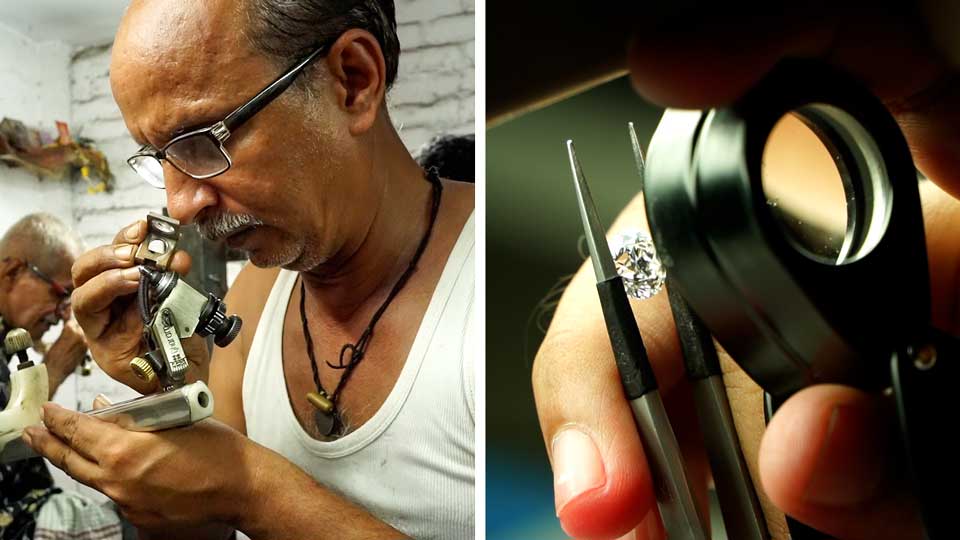
A union made up of workers from Gujarat's diamond industry says Russia's invasion of Ukraine has left 30,000 people in Surat without a job, and no idea when the embargoes will end or whether the Diamond City will ever regain its brilliance.
